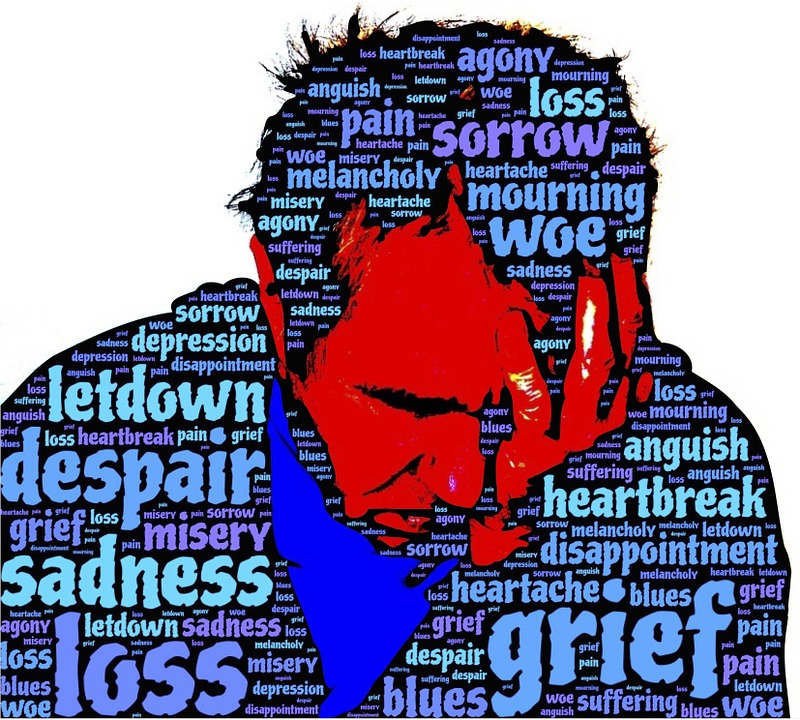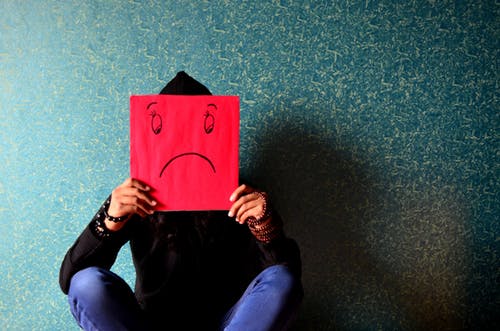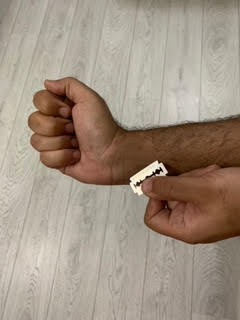Many people think of grief as a single instance or a short time of pain or sadness in response to a loss, like tears shed when someone close dies. However, grieving includes the entire emotional process of coping with a loss. It sometimes manifests many times in one’s being like waves in the ocean; at times you can ride them but, at times, they envelop you. There is no structure as to how often you experience grief or even its duration. You can’t put a timer on feelings of pain after loss, nor can you diminish or avoid the suffering either. In fact, if you suppress or deny your grief, the pain will just come back again and again.
“It feels like a haze, a fog, a cloud that has enveloped my mind. My brain does not function. I have stopped feeling anything. It is not just that I feel low, I feel NUMB; I do not feel any emotion – positive or negative.” - In the words of a client when she began treatment for Depression
While Depression can be called the ‘Hero of Mental Health”, it's not something to be glorified. It's not beautiful. Depression symptoms take many forms, and no two people’s experiences are exactly alike. A person who is suffering from this condition may not seem sad to others. He/she may instead complain about how they just “can’t get moving,” or are “feeling completely unmotivated to do just about anything”. Even simple things like getting dressed in the morning or eating become large obstacles in their daily lives. People around them, such as their friends and family, can also notice the change.
Many adolescents today are struggling to cope with extreme levels of stress in school, in their families, in their peer relationships and the pressure caused by instant connectivity (Phone/ WhatsApp/ Instagram/ Facebook et al). Some of these youngsters are overscheduled and being hurried through their adolescent years by their parents and peers alike. Teens have become emotional and vulnerable prey to our highly toxic, media-driven world. These strong emotions may be linked to intense pressure, school or relationship problems, conflictual relationship with and/ between parents, tense atmosphere at home, anxiety or situations that make adolescents feel helpless. Adolescents start to question their own worthiness and are often left feeling that they are not ‘good-enough’ for anything. When individuals are overwhelmed with a painful emotion, sometimes they don't know how to handle it or, at times, they have no outlet; this is when they may self-harm. Self-harm is a process of cutting and causing injuries to oneself.
Just as you would not think twice about immediately consulting a doctor when you have a physical ailment/issue, you should immediately consult a therapist for a mental health concern. But, do you? Most of the times, the answer to this question is a ‘No’. The reason may lie in the fact that you are aware of several myths related to therapy, and you may be inclined to be influenced by them.
Ambiguity of what therapy is leads to resistance to seek it and a misunderstanding of its process and effectiveness. This blog is aimed at debunking the common myths that are associated with therapy.





